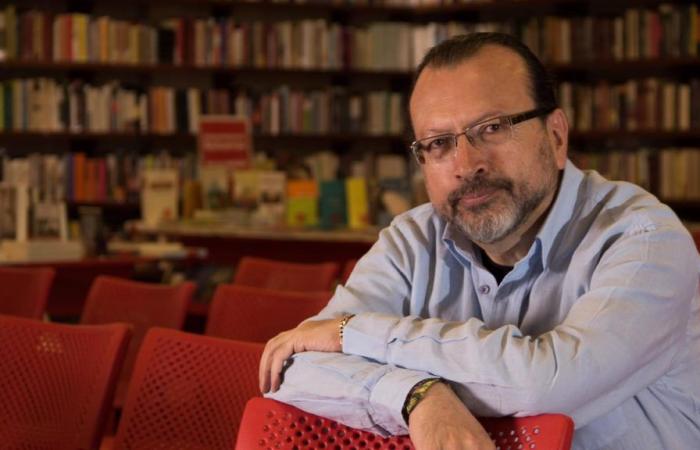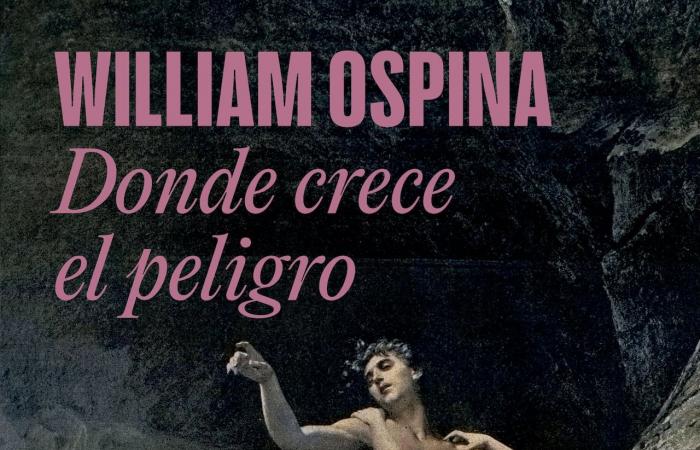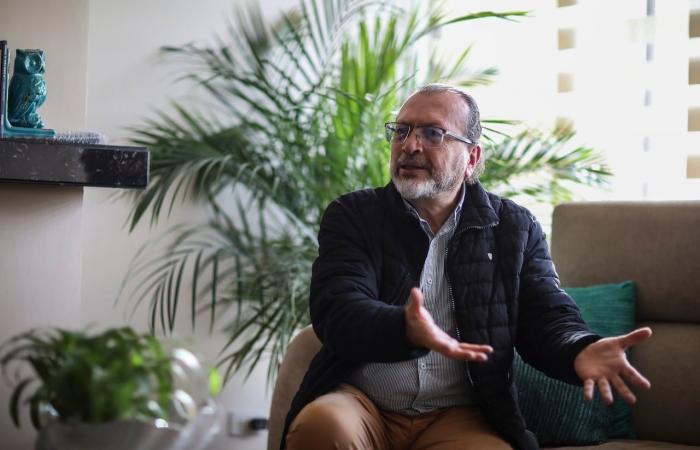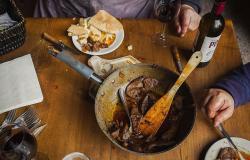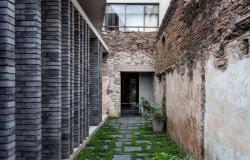By Laura Valeria López Guzmán / Special for El País
The author from Tolima spoke with El País about his new literary project, his relationship with philosophy, Baudelaire, Estanislao Zuleta, art, among other topics that have stood out in his more than three decades as a writer.
What is the importance of romance in your life?
You know romanticism before you know what it is. Since he was little he began to relate to nature, literature, painting and romantic music. There is a kind of concept that is starting to float around there. As human beings acquire knowledge, they begin to realize that romanticism is not only about sensitivity, or sentimentalism, or purely loving things, but that it was a vital and historically very important movement, especially in the 19th century. , which awakened a new passion for nature and history. But, what most encouraged was that life became a new passion, a new adventure to escape the inertia of the monotonous, repetitive life that had appeared in the world after the arrival of the French Revolution.
When I began to reflect on the problems of the modern world, about 30 years ago, I published ‘It’s late for man’, in which I expressed that I always felt that the romantics had had, first of all other movements, the intuition that some evils were going to grow in the world, and that only by having more intense passions and direct contact with life and nature, these evils would diminish.
In ‘Where Danger Grows’ there is a journey through history, but above all one through the lives of different characters, such as Nietzsche, Estanislao Zuleta, Freud, among others, but as soon as Goethe is mentioned, let’s talk about him and his presence in his works. books…
He is someone with whom I have always had a dual relationship, sometimes one of great admiration, where I love him very much, but other times where there is a lot of tension and I want to reproach him for certain things. Now, in the book I published last year, ‘I will put my ear to the stone until it speaks’, which tells of Humboldt’s journey through America, I talk about the relationship he had with Goethe.
Humboldt went to visit him when he was very young and Goethe was already the great lord of German letters. That meeting was fundamental for both; For his part, for Humboldt, being a scientist, he wanted to be an artist; and for Goethe, being an artist, he wanted to be a scientist. So in this meeting they gave each other feedback and Goethe was speechless when listening to everything Humboldt said and he felt that listening to him was the same as reading an encyclopedia. Nothing like Humboldt’s visit really helped me to finish conceiving the character of Faust, of the man who wants to know everything.
So the scientist’s character helped to refine Goethe’s character. And I am also interested in the German novelist, although he is not a romantic, he was a great inspirer of the romantics. And he always lived on that border, between being a classic, a scholar, an academic and between being a lover all day long who is interested in poetry, travel, art, and this pendulation makes him a very attractive character.
Why do you think that contemporary authors, like you, are calling for love through their works?
Obviously, this does not obey a program, what I consider is that it obeys a need, a moment and an expectation. I feel that the traditional political solutions that were offered to humanity, as the great alternative for historical transformation, especially those that appeared in the 20th century, have been proven to be, if not false, at least insufficient.
We no longer believe that mere political revolutions are going to fundamentally change humanity and allow it to face the challenges we are experiencing today, such as the challenges that have to do with nature, with our way of living. And the main problem that we are going through is the consumer society in which we live, since we are the ones who use all the plastic produced by the industry, that is, all human beings have responsibility in the way, the greed and the speed in which we relate to the things that capitalism gives us.
This is what we can call the enemy of the world; that requires great revolutions, but ones that begin by understanding that the transformation occurs by oneself, that we are our own enemy. And the consumer society is very bad because it nullifies human creativity and only invites us to be spectators and not creators. All of this is a call to seek salvation through dialogue with the dangers that already exist and also with those to come.
Why do you consider that man seeks to profane the sacred?
We must start with the fact that we do not know what is sacred. Deep down everything is sacred and to that same extent it is not that we want to profane what is sacred, but that we ignore that it is. Someone said that it is not that we have been expelled from paradise, but that this ‘exit’ consists of us losing consciousness that we were in paradise, so we live as if we were not in it. Furthermore, we no longer feel the miracle of things or nature, which is wonderful. In that design of nature, in that secret order, that something means and reveals, there is an infinite sacredness, it’s just that our way of understanding the world profanes almost everything, due to ignorance and unconsciousness.
In relation to spaces for dialogue, at what moment do you think the human being fell asleep?
Humanity is growing at an impressive speed. And the more we are, the more alone we are, and this leads us to our relationships and interests being mediated by the industry, by the centers of power, and it increasingly disintegrates. Before, in Colombia, there were more cafes, this is now recovering.
In Europe, in the 18th and 19th centuries, from Lisbon to Saint Petersburg, all the people were in cafes debating, having fun and building some kind of dialogue.
Now, in the case of Colombia, this has been different. Although we did enjoy this a little, the cafes did not have the same impact as in the old continent and this led us to not be in a constant state of conversation and observation where art, music and culture were the paths for that development. , added to all the violence that we have experienced and this has led us to experience, first of all other countries, that disintegration that occurs when art is not allowed to convene. But we can summarize this with a phrase from Nietzsche that said: “The desert is growing, unfortunate is he who harbors deserts.”

